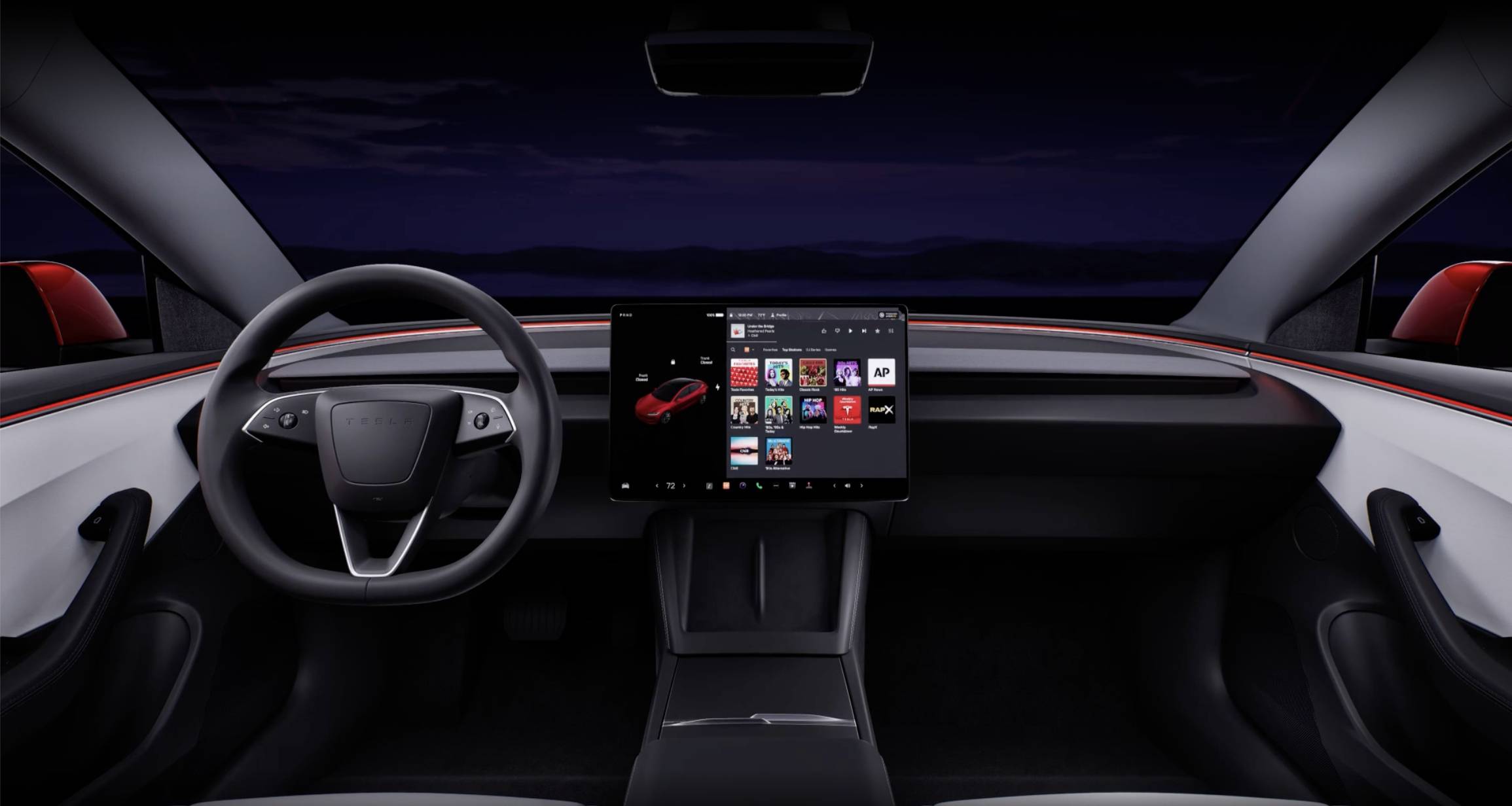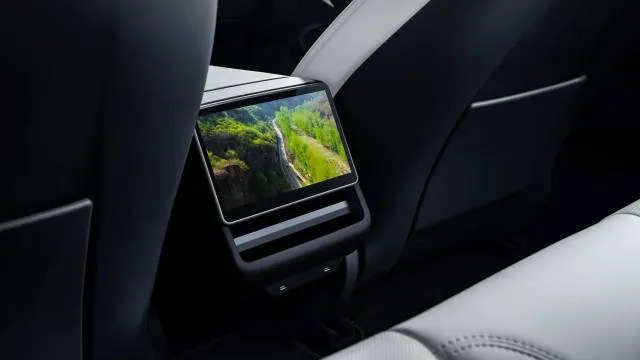New car technology continues to vex new car owners

- New car owners report the most frustration and problems with infotainment systems
- EV owners reported 30{aa25fa8b82bb550df44f4514fef8e475020994699e2c082d49d75b275e3029cc} more problems than average
- Ram, Chevy, and Hyundai ranked among brands with the fewest reported problems overall
Technology features remain a headache for new car owners, according to the 2024 J.D. Power Initial Quality Study released Thursday.
The annual study is based on owner-reported problems with new vehicles, with both vehicles and brands given scores based on a metric of problems per 100 vehicles. This year, J.D. Power based the study on responses from 99,144 U.S. purchasers and lessees of 2024-model-year vehicles, and also included data on repair visits to franchised dealerships for the first time.
The industry average was was 195 problems per 100 vehicles, but mass market brands had a lower (and thus better) average of 181 problems per 100 vehicles. Premium brands averaged 232 problems per 100 vehicles, which J.D. Power attributes to more elaborate tech features in vehicles from those brands.
Tesla Model 3 Performance
Ram was the highest-ranked brand in the study, with a score of 149 problems per 100 vehicles, followed by Chevrolet (160) and Hyundai (162). Porsche was the top-ranked premium brand with 172 problems per 100 vehicles, followed by Lexus (174) and Genesis (184).
Infotainment systems were the area with the most problems, followed by “features, controls, and displays.” That was particularly the case for EVs, where the number of problems per 100 vehicles was 30{aa25fa8b82bb550df44f4514fef8e475020994699e2c082d49d75b275e3029cc} higher than gasoline models. J.D. Power specifically called out Tesla’s recent switch to steering-wheel buttons for the horn and turn signals.
Across all categories, EVs averaged 266 problems per 100 vehicles compared to 180 problems per 100 vehicles for gasoline and diesel vehicles. Tesla’s 266 problems per 100 vehicles was close to EV averages from traditional automakers, according to J.D. Power, but still higher than the industry average. So were EV specialists Rivian (also 266 problems per 100 vehicles) and Polestar (316 problems), although the EV-only brands were kept separate from the official rankings.

Tesla Model 3 (Europe-market refresh)
Other tech problems included warnings from reverse automatic emergency braking, rear cross-traffic alerts, and rear seat reminder features that owners found confusing or annoying. Rear seat reminders, designed to prevent children or pets from being inadvertently left in cars, accounted for 1.7 problems per 100 vehicles, mainly because owners either mistakenly thought the warning chimes were for seatbelts, or reported the warnings go off when the rear seat is unoccupied.
Apple CarPlay and Android Auto functionality also remained among the top 10 owner complaints, according to J.D. Power. More than 50{aa25fa8b82bb550df44f4514fef8e475020994699e2c082d49d75b275e3029cc} of Apple users and 42{aa25fa8b82bb550df44f4514fef8e475020994699e2c082d49d75b275e3029cc} of Samsung users reported using the respective connectivity feature every time they drove, but owners frequently reported difficulty connecting to a vehicle or lost connections. Other tech features did show improvements, though.
“It is not surprising that the introduction of new technology has challenged manufacturers to maintain vehicle quality,” Frank Hanley, senior director of auto benchmarking at J.D. Power, said in a statement. “However, the industry can take solace in the fact that some problem areas such as voice recognition and parking cameras are seen as less problematic now than they were a year ago.”


